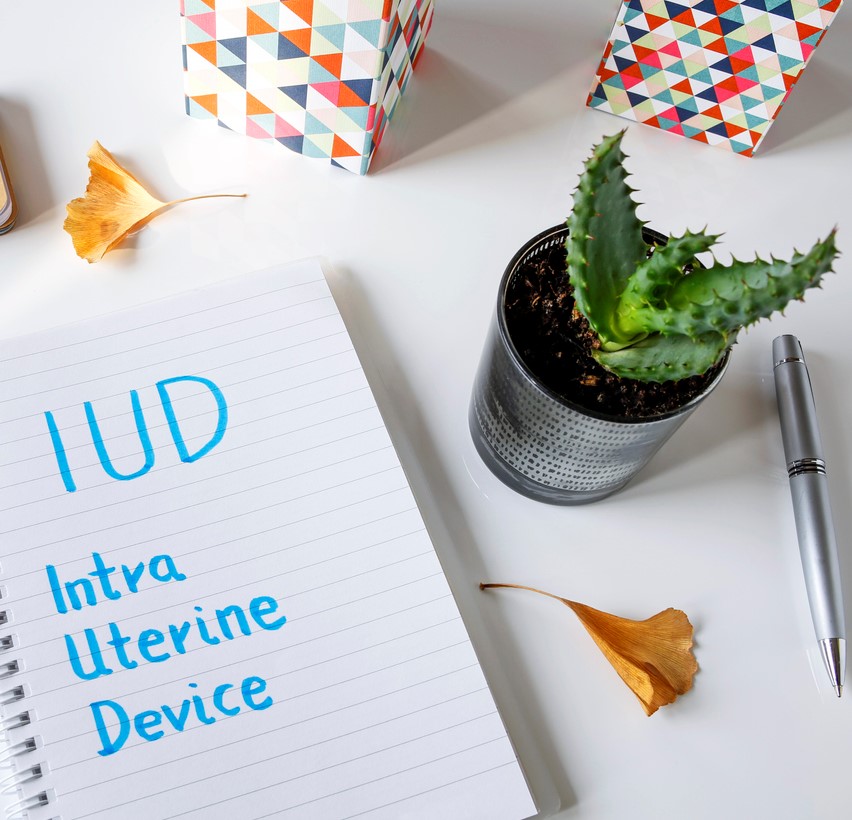Contraception
Nearly all women in the United States have used a method of contraception. Through our work, ANSIRH looks at what people prefer for birth control, what birth control they choose, how providers talk to patients about birth control, and the public benefits from funding contraception programs.
Most commonly, people use condoms or the pill, but an increasing number choose an intrauterine device (IUD) or birth control implant. They can also use other hormonal methods, such as the ring or the shot; other barriers like sponges or diaphragms; spermicide; permanent birth control such as tubal ligations or vasectomies; or withdrawal. People also choose emergency contraception, either as an IUD or as pills available from a doctor or at their local pharmacy.
ANSIRH researchers have found that the available methods do not have all the features that women say are important to them, like how well it prevents pregnancy, absence of side effects, and being affordable. Also, even though birth control is widely used, insurance coverage and other funding for it continues to be controversial. Through our work, ANSIRH looks at what people prefer for birth control, what birth control they choose, how providers talk to patients about birth control, and the public benefits from funding contraception programs.


